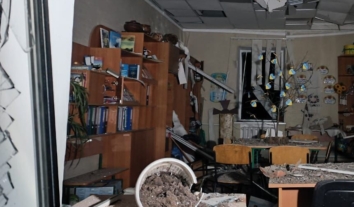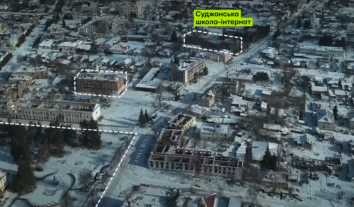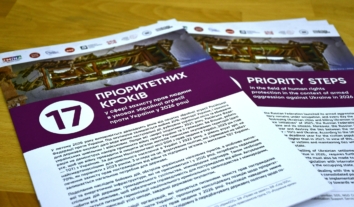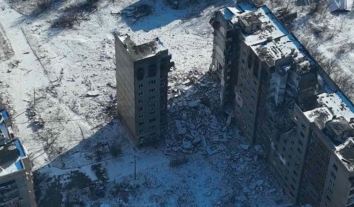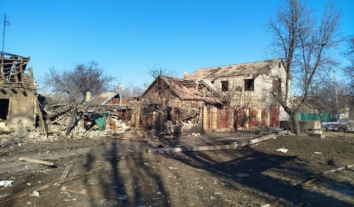President of Ukraine wrote to the Ukrainian political prisoners in Russia and occupied Crimea (updated)

Petro Poroshenko, the President of Ukraine, joined the New Year marathon “We are stronger than Kremlin lattices” and wrote a letter to the citizens of Ukraine, who are detained in Russia and occupied Crimea.
Oleksandra Matviychuk, coordinator of the Euromaidan SOS project, informed the Ukrinform news agency about this.
Pavlo Klimkin, the Minister of Foreign Affairs of Ukraine, also joined the marathon.
The project was named LetMyPeopleGo. Its initiators are planning to appeal to even more people, who will write to political prisoners.
As a reminder, according to the information of the Human Rights Center “Memorial”, during the year 2016 the number of political prisoners in Russia has more than doubled.
According to the Ministry of Internal Affairs of Ukraine, to this day 31 citizens of Ukraine are being held in the prisons and detention centres of Russia and Crimea for political reasons. Human rights defenders of LetMyPeopleGo campaign that 36 citizens of Ukraine are being held in detention.
The first list includes the accused Crimean Tatars, who are accused in the “Hizb ut-Tahrir” case.
The second list includes citizens of Ukraine, who are detained or are convicted in Russia: Stanislav Klykh, Mykola Karpyuk, Andriy Kolomyets, Oleksandr Kostenko, Oleg Sentsov, Oleksandr Kolchenko, Serhiy Lytvynov. This list also includes Ahtem Chiygoz, Ali Asanov, Mustafa Dehermendzhi. Human rights defenders consider the lists to be incomplete.
Everyone can join the New Year’s marathon by writing a letter to Ukrainian political prisoners.




Human rights defenders advise to write those letters in Russian language, write the text politically neutral, specify the year of birth and full name correctly on the envelope. This is advised in order for letters to pass the prison censorship.
If you want for addressee to answer your letter, please attach a blank sheet of paper and an envelope to the letter. Even if you do not want to receive the answer, they could still use the paper and envelope, since they are in deficit in prison, said the human rights defenders of the Center for Civil Liberties.


